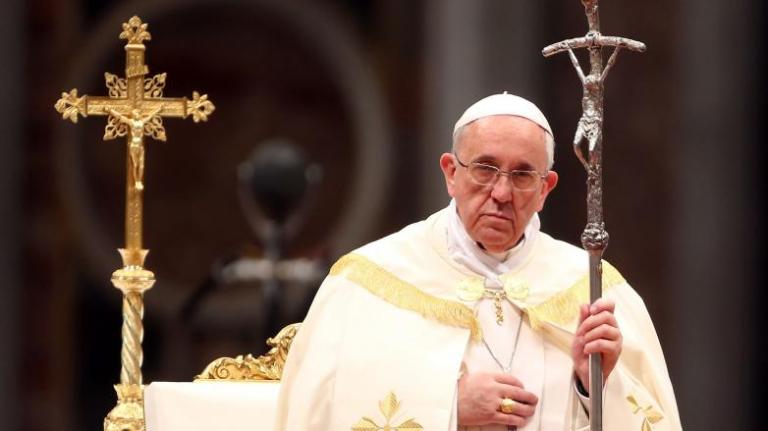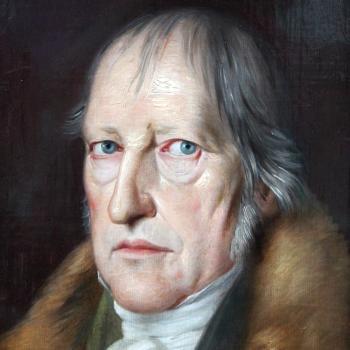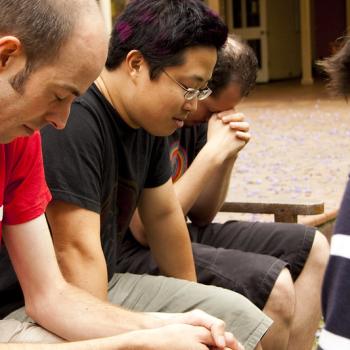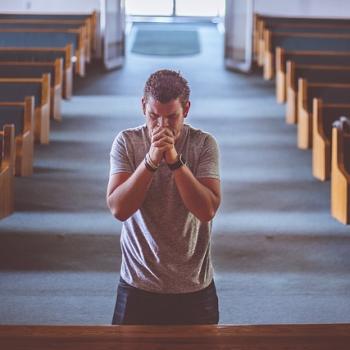
Now that the Roman Catholic Church has a relatively liberal pontiff, we are seeing some curious role reversals. Liberal Catholics are talking up the doctrine of papal infallibility, while conservative Catholics are emphasizing its limits.
Traditionalists are outraged that Pope Francis seems open to allowing divorced and remarried Catholics to take Communion. This, along with his “who am I to judge?” attitude towards gays bothers Catholics worried about the sexual revolution and the church’s doctrine of marriage. Political conservatives are bothered by his whole-hearted embrace of environmentalism and his negative stance towards free market capitalism. Recently, the pope seemed to invoke his own authority in repudiating liturgical traditionalism, as in the continued use of the Tridentine Mass in Latin, a cause dear to the heart of many conservative Catholics. He said, ““We can affirm with certainty and magisterial authority that the liturgical reform is irreversible.”
As recounted by Aaron Taylor (who is on the conservative side), in Revelation on Tap: Vatican I and the “Amoris Laetitia” Controversy in First Things, a liberal Catholic theologian, John Walford, is arguing that what the Pope teaches has the authority of Christ himself and that the conservatives had better get in line:
Walford’s claim is that pontiffs possess a “charism” of infallibility not just when defining dogma, but in their ordinary magisterial teaching—with magisterial teaching encompassing everything said as pope, from encyclicals to private correspondence. Walford argues that Amoris Laetitia, and the reception of Holy Communion by divorced and remarried Catholics that it appears to license (as Pope Francis indicates in a letter to Argentine bishops), in fact “derives from Christ himself.”
Taylor stresses that the doctrine of papal infallibility applies only when the Pope is speaking ex cathedra; that is, when formally and under well-defined circumstances setting forth a matter of doctrine.
Taylor goes on to tell about the debate in the First Vatican Council (1869-1870), which defined the doctrine of papal infallibility. There were “maximalists,” who believed as Walford does that everything the Pope teaches has an infallible authority. And then there were “minimalists,” who believed that this power can only be exercised under certain conditions.
A fact that swayed the bishops’ discussion to the minimalist side was the case of Pope Honorius (625-638), who advocated the monothelite heresy. He was anathemized by Pope St. Leo II (682-683) and by three church councils. So Pope Honorius could not have been infallible in teaching this heresy. And even if he were, what would that do to Pope Leo’s infallibility?
So Vatican I formalized the “minimalist” position, in which the pope is only infallible when he speaks ex cathedra. Another conservative, Michael Brendan Dougherty, put it this way: “The pope should invoke his infallible authority only when teaching what the Church has always taught and believed.”
But wait a minute. A pope has only spoken ex cathedra twice in church history: when Pope Pius IX declared in 1854 that the Virgin Mary was conceived without original sin (the “Immaculate Conception“), and when Pope Pius XII declared in 1950 that the Virgin Mary ascended bodily into Heaven (the Assumption of the Virgin Mary). The Church has not “always taught and believed” these two assertions about Mary–not in Scriptural times, not in the Early Church, not universally in the Middle Ages or thereafter–which is presumably why the popes felt it necessary to make these decrees.
Dougherty’s description turns the doctrine of papal infallibility into a tautology: the pope is infallible only when he articulates Christian tradition. This would accord with the Eastern Orthodox view of a “holy tradition” that never changes, but the Eastern Orthodox see no need also for an infallible pope.
And if the pope has only been infallible twice, what does that do to the Catholic claim that the papacy gives the Church a living authority? How are Catholics to know which papal teachings are true and which ones might be in error?
Or maybe Luther was right, that since popes have contradicted themselves, we need to stand on a surer foundation. As Luther said at the Diet of Wurms,
“Unless I am convinced by the testimony of the Scriptures and by clear reason (for I do not trust in the pope or councils alone, since it is well known that they have often erred and contradicted themselves), I am bound by the Scriptures I have quoted. My conscience is captive to the Word of God.
Photo, Pope Francis in Venezuela, by Long Thien, Flickr, Public Domain

















